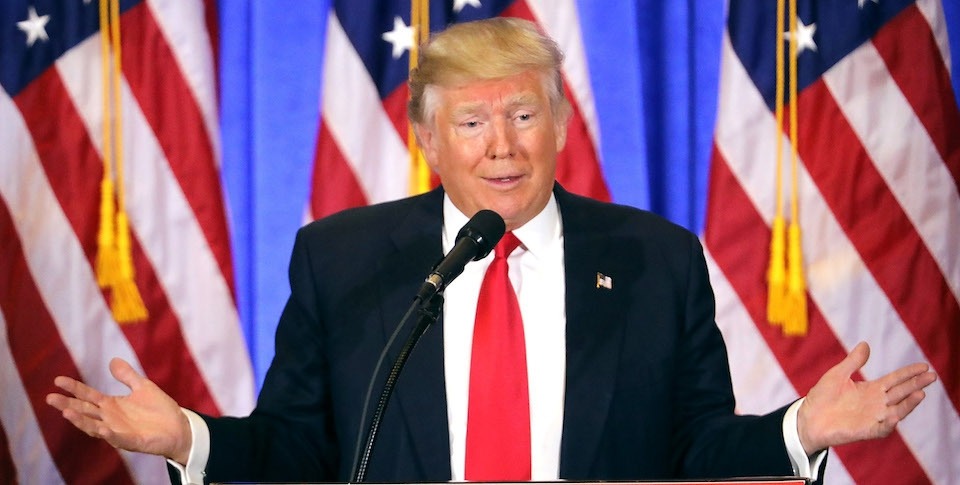The European Commission published in March a report by an expert group on fake news and disinformation in social media. The experts have chosen a soft approach to tackle the problem in contrast to a hard approach based on regulation and competing counter-measures. The high-level expert group deliberately avoided the term “fake news”, saying that it is inadequate to capture the complex problems of disinformation that also involves content which blends fabricated information with facts.
Disinformation is defined as false, inaccurate, or misleading information designed, presented and promoted for profit or to intentionally cause public harm. This can threaten democratic processes and values and can specifically target a variety of sectors in society.
The expert group received nearly 3000 replies to a public consultation launched in November 2017. Intentional disinformation aimed at influencing elections and migration policies were the top two categories where most respondents thought fake news were most likely to cause harm to society.
According to the latest Eurobarometer survey, 83 % of the respondents perceive that the existence of news or information that misrepresent reality or is even false represents a danger to democracy.
At a recent debate at Brussels Press Club, the two panelists agreed on the definition of disinformation but prescribed different measures to tackle the problem.
Rand Waltzman, senior information scientist at RAND Corporation said that the term “fake news” might be catchy but should be replaced by “disinformation”, which has a long history in marketing and political or religious propaganda. The difference today is that anyone can disseminate disinformation on social media. Government agencies can carry out denial of servers attacks to manipulate entire populations.
Ricardo Gutierrez, general secretary of the European Federation of Journalists, added that the term “fake news” is used by politicians to discredit journalists. Disinformation can be false or genuine information which in both cases is knowingly shared to cause harm.
Disinformation can take many forms and perhaps the most serious threat to democracy has been the interference of foreign powers to subvert other countries´ elections.
As member of the Commission’s expert group, Gutierrez shares its soft power and collaboration approach, in particular promoting “media literacy”.
“The challenge is to regain trust in media,” he said. He opposes legislative measures such as the Network Enforcement Law in Germany (“Facebook law”) which criminalizes vaguely defined forms of “disinformation” and shifts the responsibility to private companies to “censor” content on-line.
For Waltzman the soft approach is naïve. “Everyone can be a victim of disinformation”, he said. “The crucial question is what the target group is willing to believe.”
According to Waltzman, most people do not read debunks of fake news by quality media and fact-checking organisations, and if they do, the damage has already been done. “We have to proactively modify the media environment,” he suggested, “and outcompete those disseminating disinformation.”
Gutierrez countered with “We have never tried to teach media literacy. To combat fire with fire doesn’t seem to be the right and effective strategy.”
Asked by The Brussels Times about the development of algorithms to identify “fake news”, he replied: “These algorithms are framed to increase the revenue of social media companies and aren’t contributing to the public interest.”
Good journalism, as a public good, is the right option to tackle disinformation, he said and referred to the five pillars in the expert group’s report.
A global multidimensional soft approach
|
The Brussels Times

